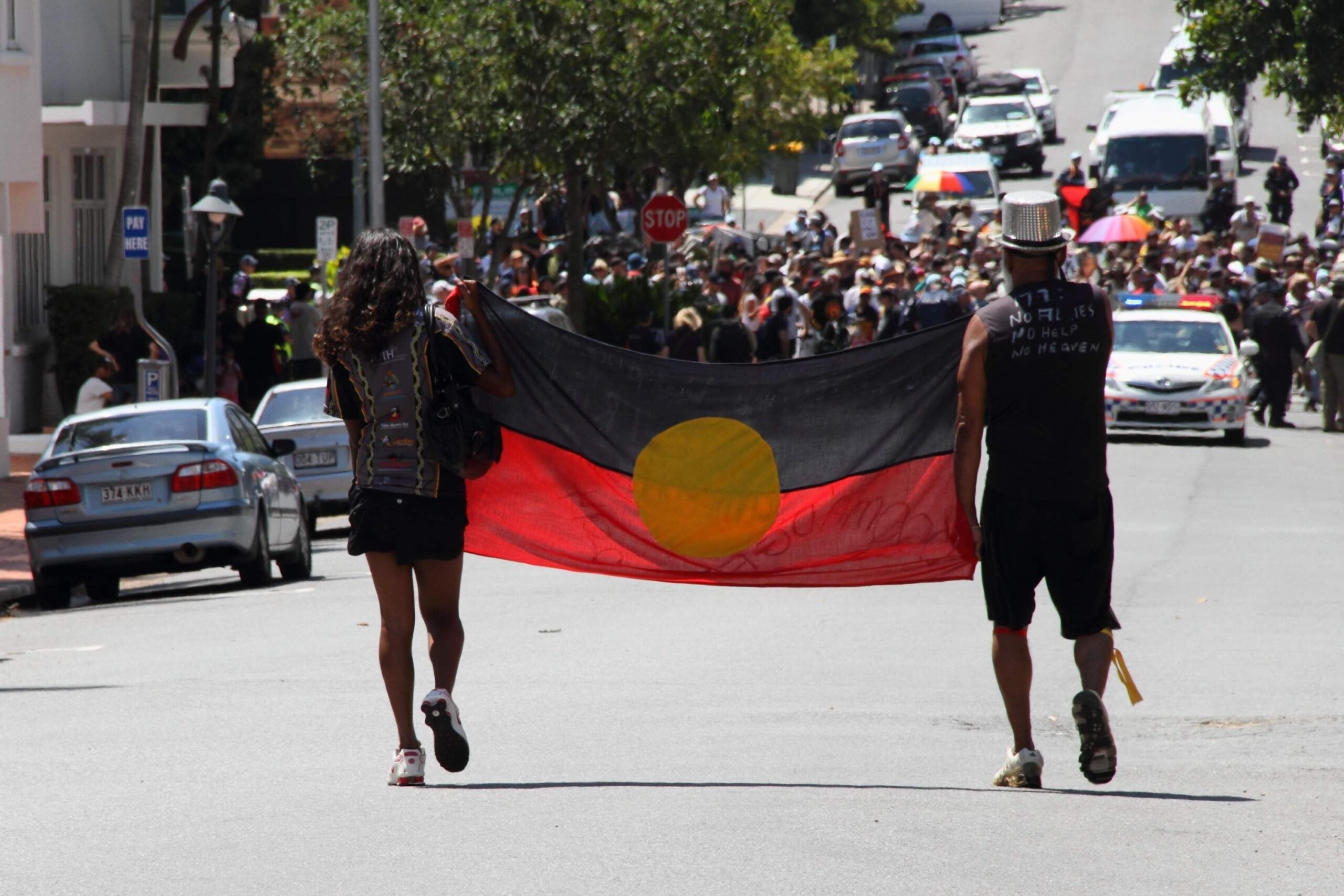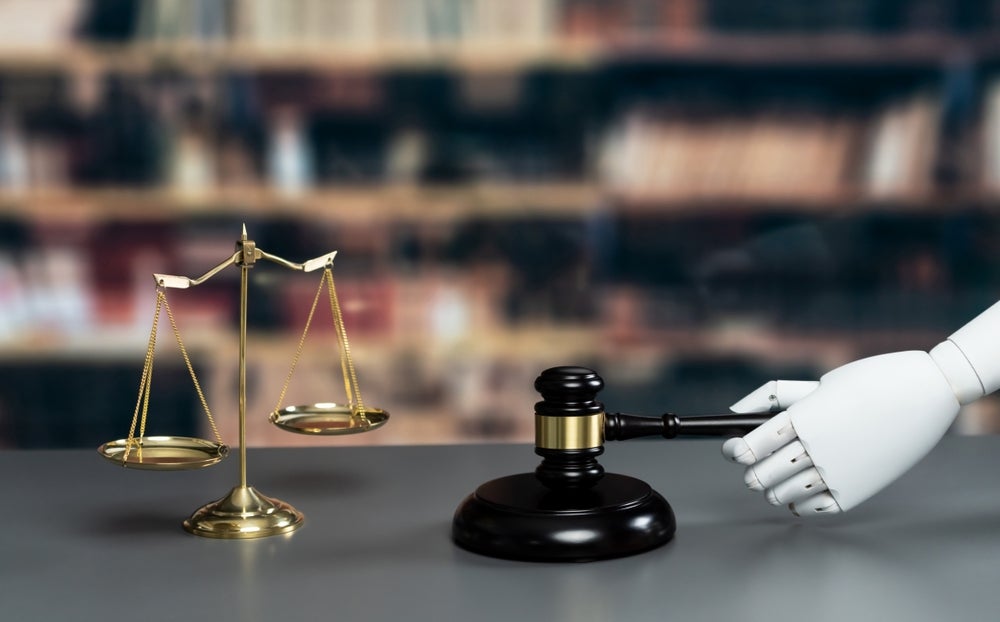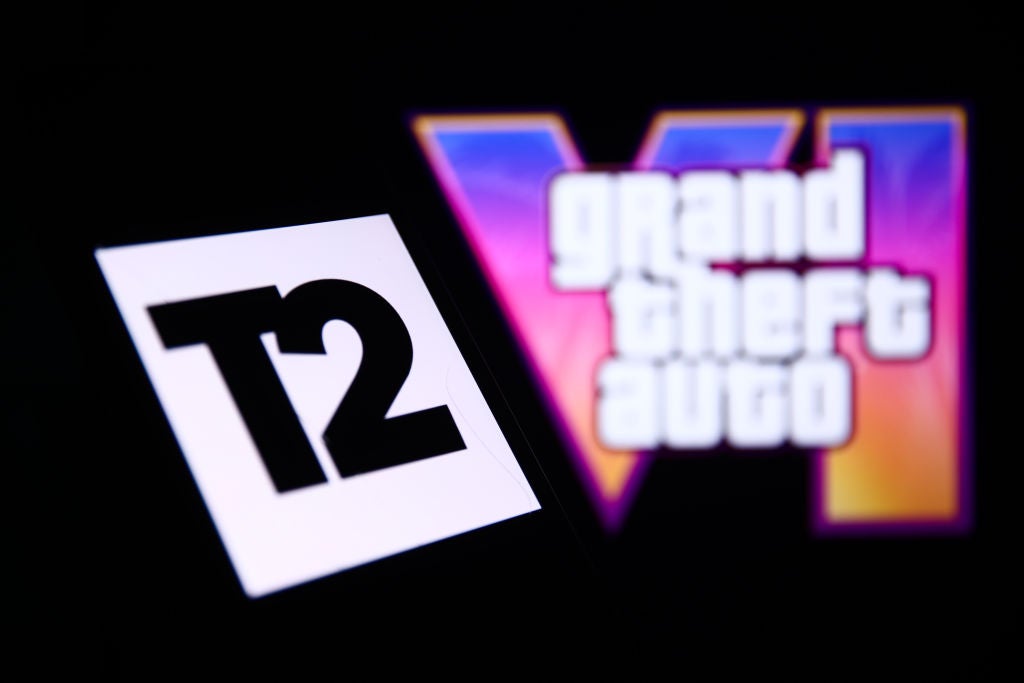
Every year on 26 January Australia is divided between those who celebrate the national holiday Australia Day and those who see it as a day of mourning.
Thousands take to the streets every year to protest the holiday and the treatment of the country’s indigenous population.
Authorities have warned they will not tolerate “anti-social behaviour” as they prepare for so-called Invasion Day rallies set to take place throughout the country tomorrow.
This year’s protests
This year protests are set to take place in the cities of Melbourne, Adelaide, Brisbane, Perth, Hobart, Canberra, Darwin, and Sydney.
The group Fighting In Resistance Equally (FIRE) are organising the Sydney march and describe Australia Day as:
The continual systematic and biased oppression of the First Nations Peoples…a criminal blight on all people of this land.
How well do you really know your competitors?
Access the most comprehensive Company Profiles on the market, powered by GlobalData. Save hours of research. Gain competitive edge.
 Company Profile – free sample
Company Profile – free sampleThank you!
Your download email will arrive shortly
Not ready to buy yet? Download a free sample
We are confident about the unique quality of our Company Profiles. However, we want you to make the most beneficial decision for your business, so we offer a free sample that you can download by submitting the below form
By GlobalData
Some 50,000 people are expected to attend the Melbourne protest, with last year’s figures eclipsing those at the official Australia Day parade — numbering in the tens of thousands.
The event is being organised by The Warriors of the Aboriginal Resistance (War).
Though protests are intended to be peaceful, there is some fear they will provide an opportunity for confrontation between left and right groups.
Melbourne in particular has already been the site of a number of clashes, most recently outside a talk by British commentator Milo Yiannopoulos.
Three local councils in Melbourne have cancelled this year’s Australia Day celebrations due to the “loss of culture” it marks for Indigenous people.
What are they protesting?
January 26 marks the anniversary of British ships arriving at Sydney Cove in 1788. While some herald it as the birth of Australia, other sees it as the start of the persecution of the country’s indigenous population.
The first formal protest of the event was in 1938, with 2018 marking 80 years since the holiday was labelled a day of mourning by Aboriginal elders.
Karen Mundine, CEO of Reconciliation Australia told Verdict:
Australia day is not a date that can serve as a unifying national day of celebration. It is the commencement of a long history of dispossession and trauma for Aboriginal and Torres Strait Islander people.
Linda Burney, the first Aboriginal to serve in the New South Wales Parliament said:
You cannot ignore the fact that the date of 26 January is problematic. It marks the usurpation of Aboriginal sovereignty. I’m not sure this ought to be the most defining moment in our nation’s history.
Should the date be changed?
Some, such as Mundine, believe changing the date would help ease tensions.
She said:
[Changing the date] is a relatively simple task that can have an immense symbolic impact.
However, groups such as War insist that no celebration should take place until the social fractures between Aboriginals and other citizens are addressed.
In a statement the group said:
Our calls for recognition of sovereignty, truth and justice are being watered down by the mainstream to the point where people believe issues will be solved if we change the date of Australia Day.
Burney has proposed an alternative solution to try to ease tensions:
I don’t see the date of Australia Day changing any time soon, and I don’t propose changing it. But I do think that we should use this day as an opportunity to reflect on the pain of the past… I have previously proposed an additional public holiday to acknowledge first Australians, and I stand by that.”
Indigenous people make up three percent of Australia’s population. They live on average 10 years less than other citizens and make up 27 percent of the prison population.
Australia’s indigenous people are the poorest ethnic group in Australia and are more likely to be unemployed or in poor health than the average population.






